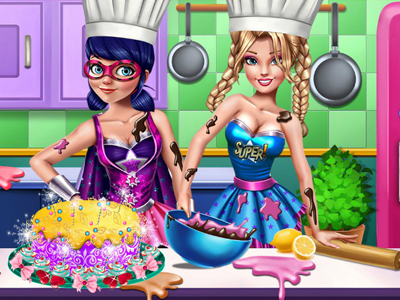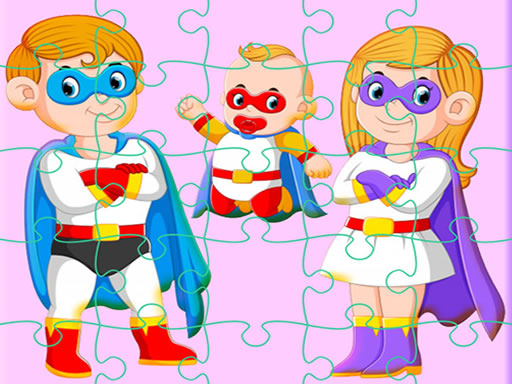Introduction
In the vast universe of online gaming, niche genres often spark curiosity and debate. One such category is "bimbo games"—a term that evokes strong reactions. These games, often centered around fashion, beauty, and lifestyle, blend creativity with cultural stereotypes. This post dives into the world of bimbo games, exploring their appeal, controversies, and what they reveal about societal norms.
What Are Bimbo Games?
Bimbo games typically feature characters that align with the "bimbo" stereotype: hyper-feminine, fashion-forward, and often prioritizing appearance over intellect. Rooted in dress-up, simulation, or life-management genres, these games let players engage in activities like styling outfits, applying makeup, or managing a character's social status. While some games lean into satire, others uncritically embrace the trope, raising questions about gender roles and representation.
Popular Titles in the Genre
Miss Bimbo (2008): This controversial life-simulation game tasked players with becoming the "hottest bimbo" through dieting, plastic surgery, and shopping. It faced backlash for promoting unhealthy beauty standards.
Star Doll: A fashion-centric platform where users design looks, decorate spaces, and socialize, blending creativity with aspirational lifestyles.
Bratz: Girlz Rock: While less overtly problematic, this series emphasizes bold fashion and friendship, balancing empowerment and stereotype.
The Appeal of Bimbo Games
Why do players engage with these games?
Creativity Unleashed: Fans enjoy the freedom to experiment with avant-garde fashion and bold aesthetics.
Escapism: The over-the-top glamour offers a break from reality.
Campy Fun: Some players lean into the irony, celebrating the absurdity of the bimbo persona as a form of rebellion.
Controversies and Criticisms
The genre is fraught with debate:
Stereotypes and Sexism: Critics argue these games reduce women to their looks, reinforcing harmful beauty ideals (e.g., "Miss Bimbo's" focus on thinness).
Impact on Youth: Concerns arise about young players internalizing messages linking self-worth to appearance.
Satire vs. Reinforcement: While some games mock shallow stereotypes, others risk normalizing them.
Thoughtful Recommendations
For those seeking fun without the baggage:
Love Nikki: A fashion RPG celebrating diverse styles and storytelling.
Covet Fashion: Focuses on real-world design challenges without gendered tropes.
The Sims 4: Offers a life simulation where characters’ intellect and creativity shine as brightly as their looks.
Conclusion
Bimbo games occupy a complex space in online culture. They can be playful outlets for creativity, yet also mirrors reflecting societal biases. As players, engaging critically with these games allows us to enjoy their whimsy while challenging reductive narratives. Whether you’re here for the glitter or the commentary, bimbo games remind us that even in virtual worlds, representation matters.
Final Thought
Next time you play, ask: Does this game empower or limit? The answer might reshape your avatar—and your perspective.
SEO Keywords: Bimbo games online, dress-up games, fashion games, Miss Bimbo, online simulation games, gender stereotypes in gaming.
This balanced exploration invites readers to reflect on their gaming choices while appreciating the genre's quirky charm.









